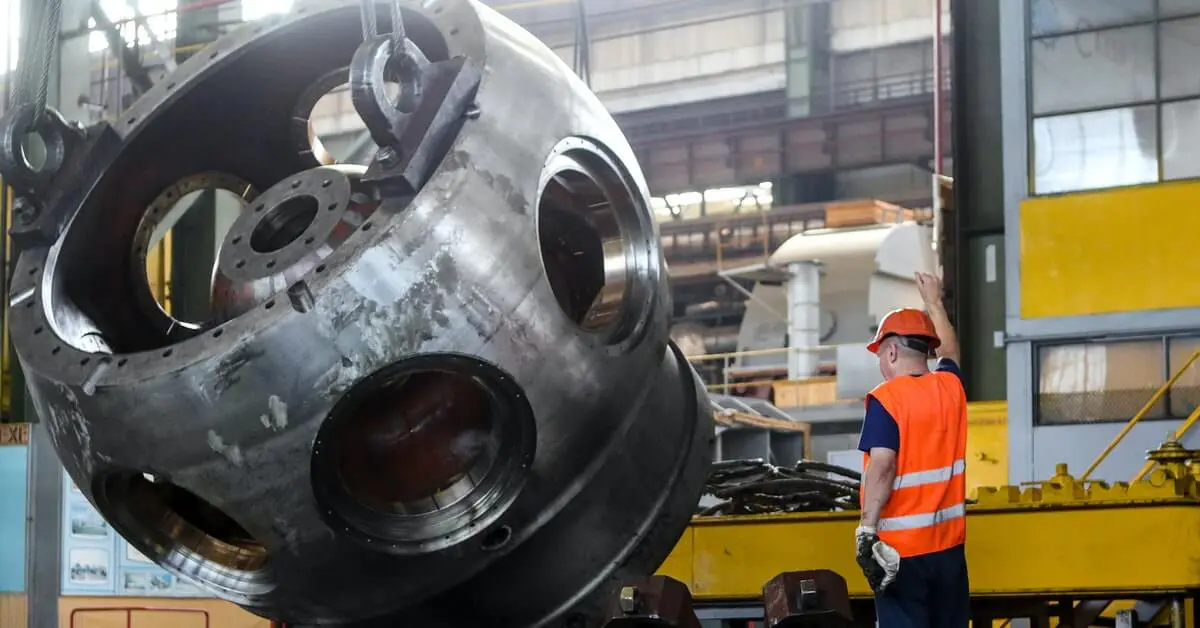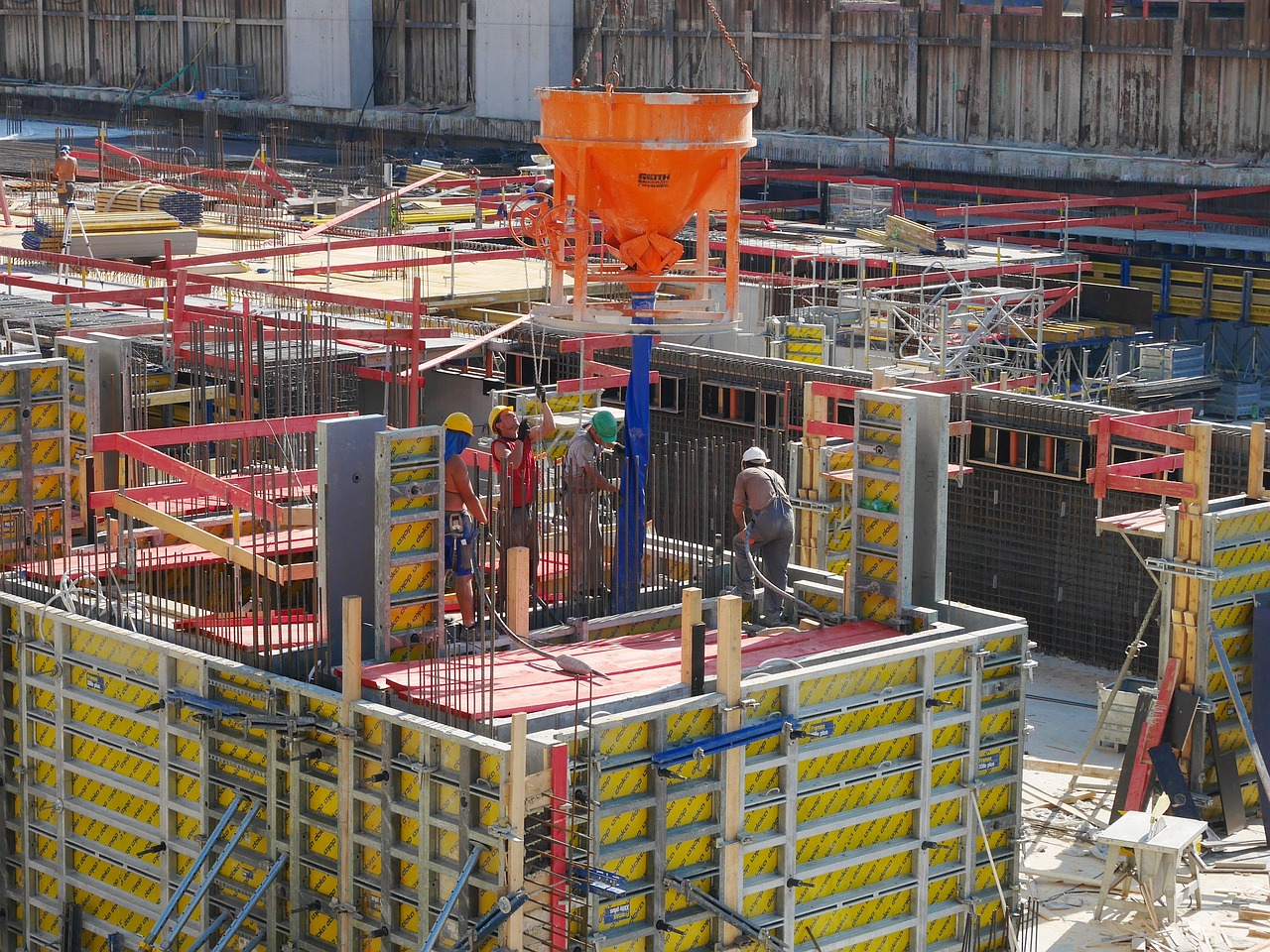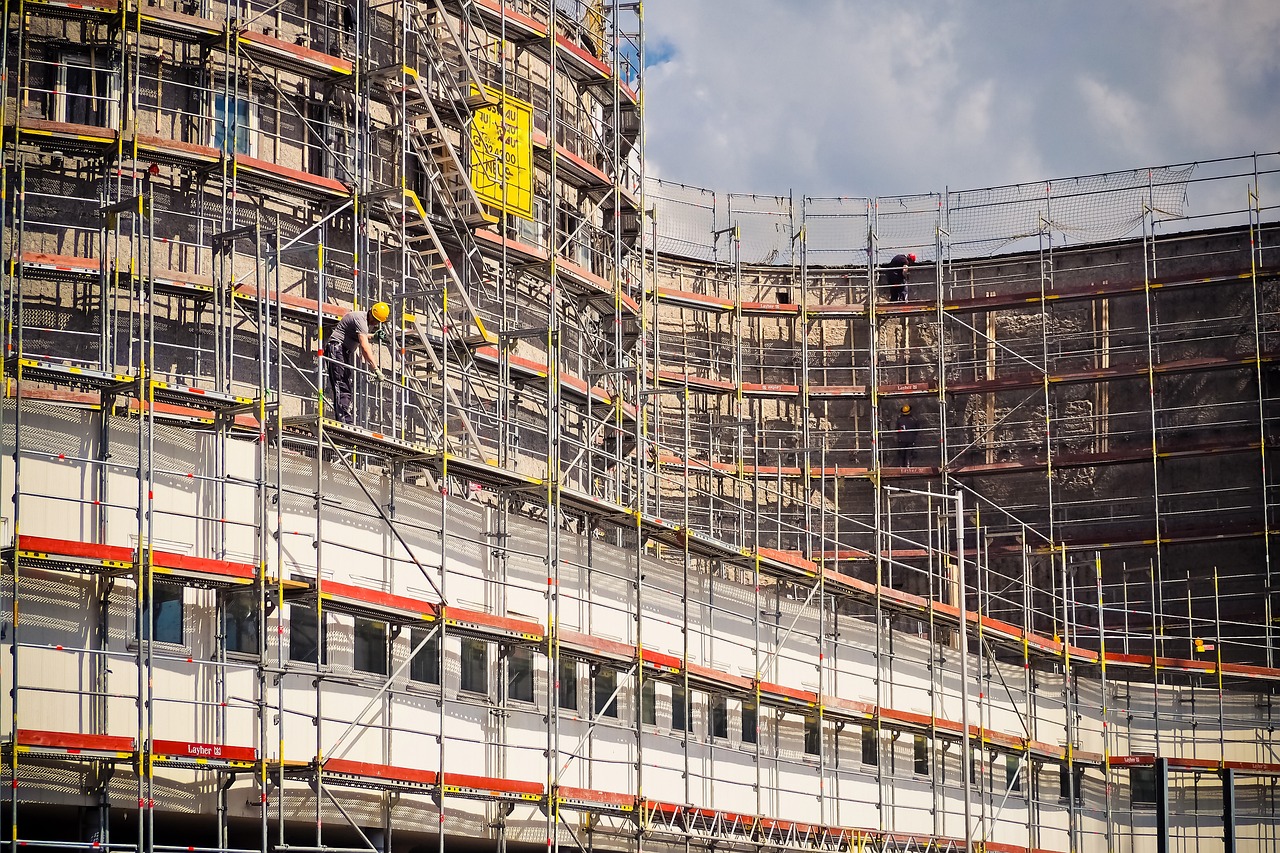“Quality is not an act, it is a habit.”- Aristotle
Quality is paramount in construction projects, not only because it ensures successful delivery. It is also significant as the satisfaction of clients and the reputation of the firm hinge on it. Moreover, it prevents rework, which can add to the overall costs of projects. According to a report by Navigant Construction forum, about 9% of the total cost of projects is closer to the total cost of rework, which often happens when quality is not up to the mark.
Quality management, therefore, is an ongoing process in this industry, so, having a robust construction quality management plan in place does not remain a choice for businesses. Ideally, it should address actions throughout the lifecycle so that every process conforms to standards. Here are some actionable strategies that can be used for creating a quality management plan proactively and efficiently.
Hire qualified resources and invest in training
To err is human, but problems such as design errors and miscommunications can lead to quality issues, which can result in delays and cost overruns. The best way to deal with these issues is by picking only the right people. As a part of the HR quality initiative, firms can leverage hiring software along with best practices for recruitment. Keeping track of individual employee’s skills is vital as it lets managers assign only the appropriately qualified workers to the right task. Further, investing in specialised training programs, certifications and apprenticeships can take quality a notch higher.
Skilled and trained workers are more likely to set high standards for themselves. They are also less likely to cut corners with their tasks. Going the extra mile with the choice of resources is as good as quality assurance and risk mitigation at the individual level. Apart from investing in evergreen skills, it is also recommended to onboard people who are tech-savvy. They can help firms to integrate advanced technologies such as robots, drones and augmented reality on construction sites, which can add significantly to the project quality.
Document and manage changes
Changes are an integral element of construction projects, and perhaps no project can be completed without one or more change orders. From material replacements to design rectifications, updates to site conditions and last-minute adjustments, there could be more changes that a project manager can expect. While dealing with a change order is a challenge in itself, things may get even trickier if these changes are not documented properly and in time. Missing them completely can have adverse implications on the quality of the final deliverables.
For managing these changes successfully, the firm needs to establish standards and processes for logging all changes properly, defining deadlines, setting clear lines of responsibilities, recording related information and disseminating the updates to everyone involved in the project. While the system will keep the stakeholders on the same page, it will also ensure that quality stays on track. The simplest way to implement the initiative is by using a cloud-based system as a unified source of truth. When everyone can make or review changes at one location, and on any device, quality management of construction change orders becomes more streamlined.
Facilitate collaborative communication
Lack of proper communication is another concern when it comes to construction quality management. According to a survey conducted by FMI in 2018, nearly 48% of costly construction rework is attributed mainly to poor communication and inadequacy of project data. In a typical project, several people interact with countless details, moving parts and action items. So the probability of things falling through the cracks due to misunderstanding or communication errors runs high.
Managers need to ensure that the quality of the information shared is maintained throughout the process. At the same time, they must also pay attention to the way it is shared. A good quality management plan prioritises open communication channels that enable the right information to reach the right people, just at the time where they require it. It should extend beyond the conventional means like phone, email, text, and fax. Right now, construction businesses need to invest in central software platforms that facilitate communication and collaboration with the exchange of real-time data at all stages.
Schedule regular quality checks
Regular quality checks are the most significant element of construction quality management planning. These checks involve a close evaluation of each process and stage of the project to make sure that everything is in tandem with client expectations and construction standards. It includes both visual inspections of the job site and the actual testing of work done. In case things are not on track, a non-conformance report is to be shared with the key stakeholders so that they can take the relevant action to address the situation.
Managers need to ensure that any non-conformances, issues and glitches are resolved at the earliest, before reaching the point of no return or requiring expensive rework. Since it is often easy to miss regular quality checks amid the workload, project managers can add scheduled check-in reminders to their calendars to stick to them. A better way to address the challenge is by implementing a construction project management solution that integrates a quality management plan. It can help managers streamline the to-do items that enable tighter control over the quality assurance process.
A final word
While creating a quality management plan for construction projects may seem like a lot of work for managers and firms, all the time and effort spent is worthwhile. It serves immense benefits that go much beyond only assuring quality in terms of standards of deliverables and adherence to deadlines. It also ensures that there would be lesser chances of rework along with client satisfaction and a solid reputation of the business. Further, quality also translates into construction safety, which translates to lesser injury claims and legal hassles for the firm. It makes sense to have a well-defined quality management plan for every single project right from the day it starts.




